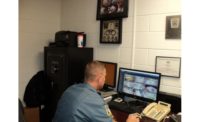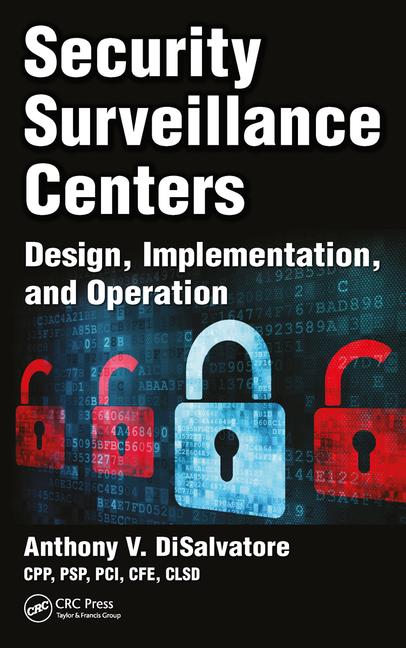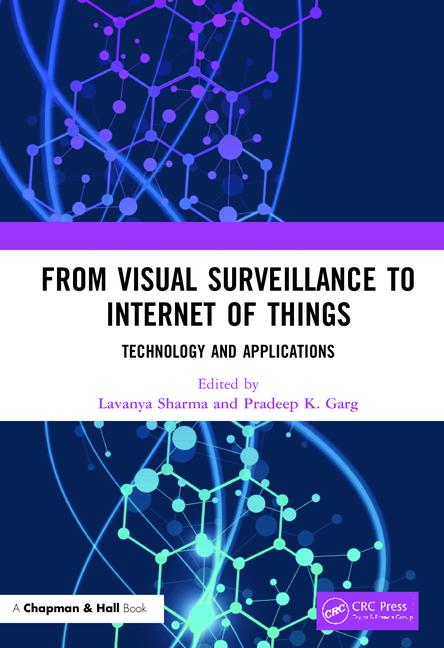Vicon Delivers Statewide Surveillance Solution in Mexico

Vicon Industries Inc. is working closely with the State of Sinaloa, Mexico to create a statewide surveillance network that unifies the systems of all of its metropolitan areas, including the cities of Culiacan, Mazatlan, Los Mochis and others. The new statewide initiative, built upon Valerus VMS software, will allow for greater coordination between all municipalities and their law enforcement agencies in their efforts to combat the influence of powerful drug cartels entrenched within the region. Valerus’ 100 percent Web-based and open standards VMS software will provide the state with a more secure, responsive environment capable of providing a single-seat view of its entire security domain.
A new, state-of-the-art facility in Culiacan, the state’s capital, serves as a centralized coordination hub for security and life-safety operations at the city, municipal and state levels. Expansive video walls, recording servers and monitoring stations provide operators with access to all cameras within their respective domains, with the ability to share video across departments as necessary. There are currently over 1,000 Vicon security cameras in Culiacan, along with 800 special license plate reading cameras custom developed by Vicon for this project. Ultimately, there will be approximately 4,800 cameras in Culiacan alone, with thousands more across the other cities.
M.C. Jose de Jesus Galvez, the state’s secretary of innovation and close aide to the governor, said that Vicon’s Valerus is able to provide a centralized system with localized control and operation, which is flexible enough to work with much of the equipment already in place in each city. Plus, the cost to purchase and install Valerus was less than for other video management systems, providing long-term, recurring savings that he will then be able to invest in additional equipment and system expansion over time.
“This is a very ambitious project for us,” he said. “We hope to use every function of Valerus to help lower the crime rate and better protect the citizens of Sinaloa. We understand that video isn’t the only way we will achieve this, but it’s a very important part and can help us bring other systems together to be more effective. We’re excited about the possibilities.”
Looking for a reprint of this article?
From high-res PDFs to custom plaques, order your copy today!









